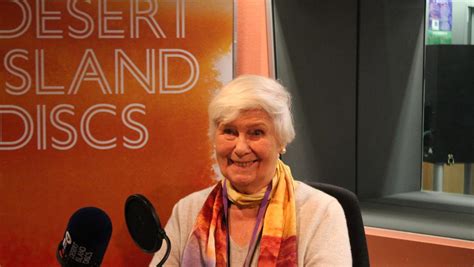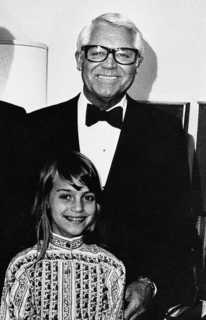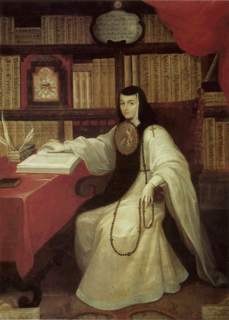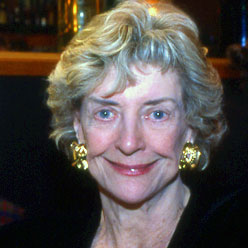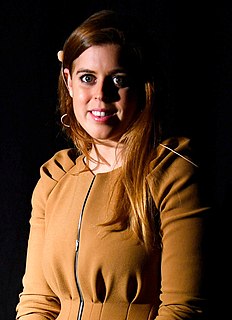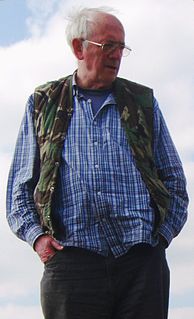A Quote by Jane Gardam
I started to write as a child as soon as I could read, or even before, when my mother read me Beatrix Potter at bedtime. Writing seemed to me to be the only sensible way to live and be happy.
Related Quotes
I remember him reading 'Sleeping Beauty,' and he would play the score by Tchaikovsky as he read it. We'd also read 'Winnie the Pooh,' and, you know, those probably that he most often read me were 'Beatrix Potter' books, 'The Tale of Jemima Puddle-Duck' and 'The Tale of Mrs. Tiggy-Winkle.' I still have at least 15 of them.
After I quit being a lawyer in '95, I was having a lot of trouble writing. Then I read somewhere that Willa Cather read a chapter of the Bible every day before she started work. I thought, 'Okay, I'll try it.' Before each writing session, I started to read the Bible like a writer, thinking about language, character, and themes.
I was not yet three years old when my mother determined to send one of my elder sisters to learn to read at a school for girls we call the Amigas. Affection, and mischief, caused me to follow her, and when I observed how she was being taught her lessons I was so inflamed with the desire to know how to read, that deceiving - for so I knew it to be - the mistress, I told her that my mother had meant for me to have lessons too. ... I learned so quickly that before my mother knew of it I could already read.
Mother, I am young. Mother, I am just eighteen. I am strong. I will work hard, Mother. But I do not want this child to grow up just to work hard. What must I do, mother, what must I do to make a different world for her? How do I start?" "The secret lies in the reading and the writing. You are able to read. Every day you must read one page from some good book to your child. Every day this must be until the child learns to read. Then she must read every day, I know this is the secret
I began writing poems when I was about eight, with a heavy assist from my mother. She read me Arthur Waley's translations and Whitman and Robinson Jeffers, who have been lifelong influences on me. My father read Keats to me, and then he read more Keats while I was lying on the sofa struggling with asthma.
It had also been my belief since I started writing fiction that science fiction is never really about the future. When science fiction is old, you can only read it as being pretty much about the moment in which it was written. But it seemed to me that the toolkit that science fiction had given me when I started working had become the toolkit of a kind of literary naturalism that could be applied to an inherently incredible present.
